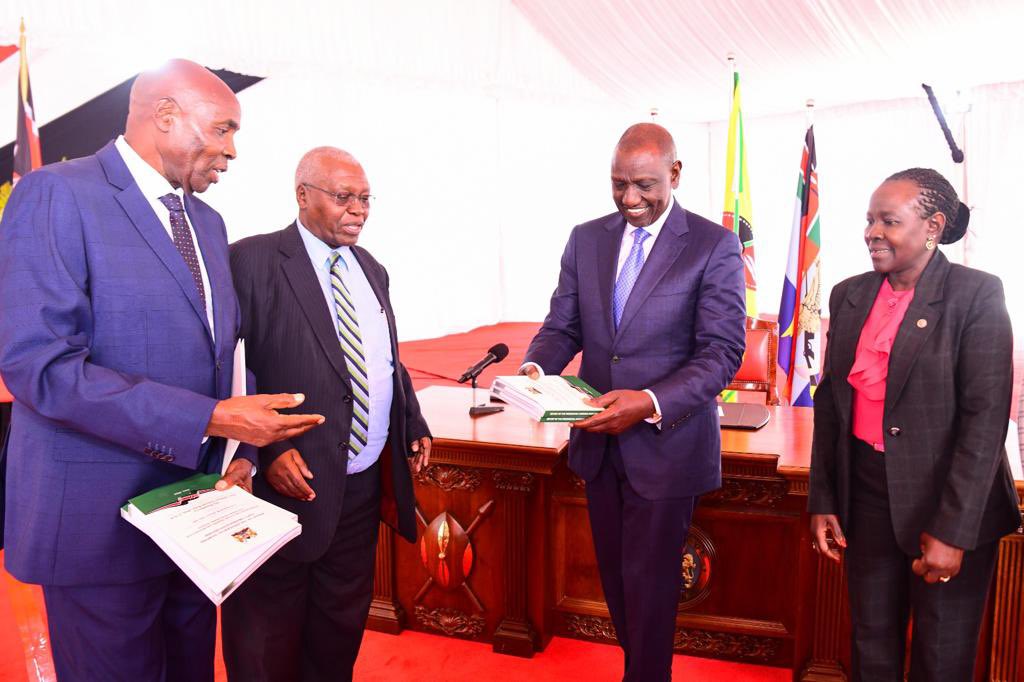National Assembly Speaker Halts Implementation Of Education Reform Recommendations

Milemba highlighted that the task force, led by Prof. Raphael Munavu, had proposed several reforms that could potentially lead to conflicts not only within the Ministry of Education (MoE) and the Teachers Service Commission (TSC) but also among other stakeholders in the education sector.
One of the contentious recommendations pointed out by Milemba was the call for MoE to review the grades for pre-service teachers, which he argued could undermine TSC’s constitutionally mandated role (Article 237). Additionally, Milemba noted that the recommendation for MoE to establish a unified system managing all levels of learning contradicted the Constitution (Part 2 (IX) of the Fourth Schedule). Moreover, the proposal for MoE to recruit staff for Special Needs educational institutions raised constitutional concerns.
Milemba also drew attention to the PWPER’s recommendation giving new powers to TSC to employ Chaplains and Imams in schools, which he argued conflicted with Article 9 of the Constitution, separating the State and Religion. In response, Wetangula emphasized the importance of a parliamentary debate on these recommendations before any implementation could proceed, asserting that even Cabinet Secretaries lack the authority to create laws. National Assembly Majority Leader Kimani Ichung’wah pledged to consult with MoE and report back to the House. This decision by Wetangula aligns with the principle of upholding the constitutional process and parliamentary authority.
